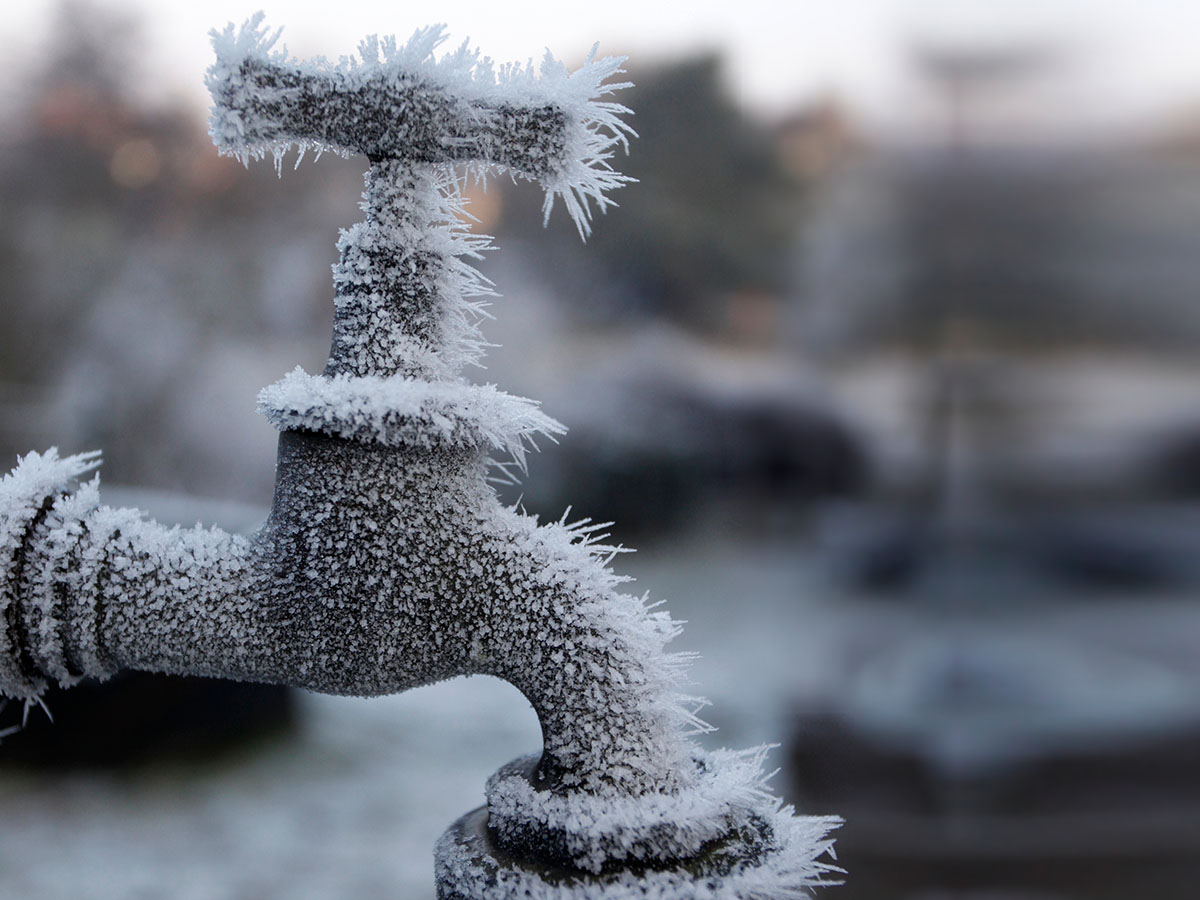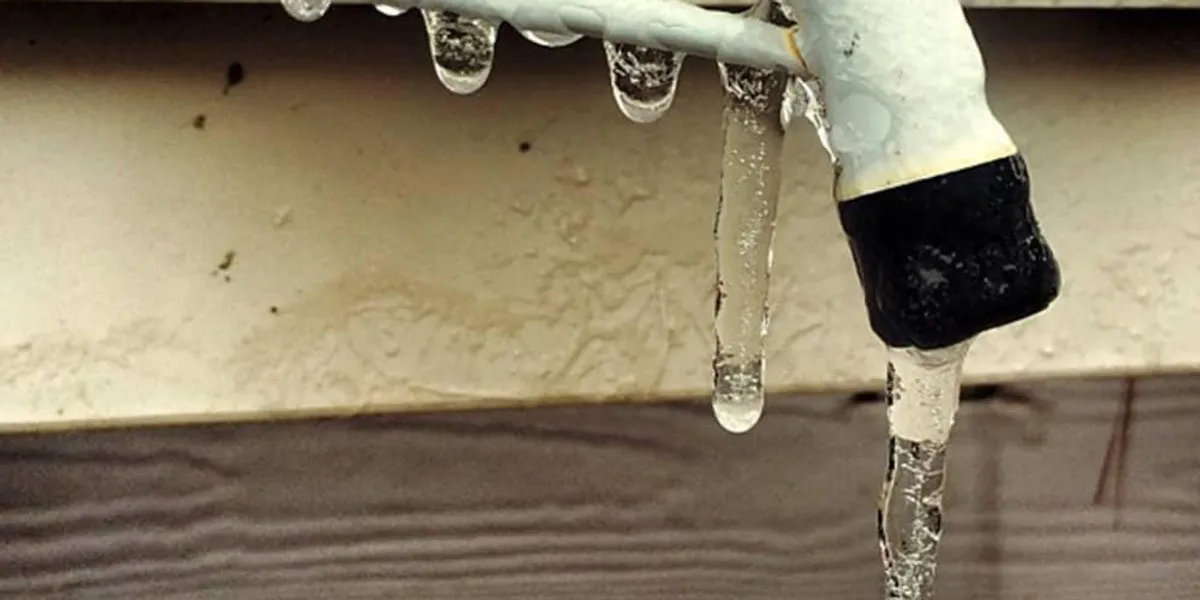How to Protect Pipes from Cold Weather Issues: Crucial Advice
How to Protect Pipes from Cold Weather Issues: Crucial Advice
Blog Article
They are making a few great annotation related to Prevent Frozen Pipes overall in this great article in the next paragraphs.

Winter can wreak havoc on your plumbing, especially by freezing pipelines. Here's just how to stop it from happening and what to do if it does.
Introduction
As temperatures decrease, the risk of icy pipelines boosts, potentially bring about costly repair services and water damages. Comprehending just how to avoid icy pipelines is essential for property owners in chilly climates.
Comprehending Icy Pipes
What triggers pipelines to ice up?
Pipelines freeze when exposed to temperature levels listed below 32 ° F (0 ° C) for prolonged periods. As water inside the pipes freezes, it expands, taxing the pipeline wall surfaces and possibly creating them to burst.
Threats and damages
Frozen pipelines can result in water supply interruptions, property damage, and pricey repairs. Burst pipelines can flooding homes and trigger comprehensive structural damage.
Indications of Frozen Water Lines
Recognizing icy pipelines early can prevent them from rupturing.
Just how to recognize icy pipelines
Try to find reduced water circulation from faucets, unusual smells or noises from pipelines, and noticeable frost on subjected pipelines.
Prevention Tips
Shielding vulnerable pipelines
Cover pipelines in insulation sleeves or make use of warm tape to safeguard them from freezing temperature levels. Concentrate on pipes in unheated or outside areas of the home.
Home heating strategies
Keep indoor spaces effectively heated, specifically areas with pipes. Open closet doors to allow warm air to distribute around pipes under sinks.
Safeguarding Exterior Pipes
Yard pipes and outside faucets
Separate and drain garden pipes prior to wintertime. Mount frost-proof faucets or cover exterior taps with shielded caps.
What to Do If Your Pipes Freeze
Immediate activities to take
If you suspect icy pipelines, keep taps available to eliminate stress as the ice melts. Use a hairdryer or towels soaked in hot water to thaw pipes slowly.
Long-Term Solutions
Structural modifications
Consider rerouting pipelines far from exterior wall surfaces or unheated areas. Include extra insulation to attic rooms, cellars, and crawl spaces.
Upgrading insulation
Buy premium insulation for pipes, attics, and wall surfaces. Proper insulation assists keep consistent temperatures and lowers the threat of frozen pipes.
Verdict
Preventing frozen pipes requires proactive steps and quick reactions. By comprehending the causes, indications, and safety nets, home owners can shield their pipes throughout cold weather.
Helpful Tips to Prevent Frozen Pipes this Winter
UNDERSTANDING THE BASICS: WHY PIPES FREEZE AND WHY IT’S A PROBLEM
Water freezing inside pipes is common during the winter months, but understanding why pipes freeze, and the potential problems it can cause is crucial in preventing such incidents. This section will delve into the basics of why pipes freeze and the associated problems that may arise.
THE SCIENCE BEHIND FROZEN PIPES
When water reaches freezing temperatures, it undergoes a physical transformation and solidifies into ice. This expansion of water as it freezes is the primary reason pipes can burst. As the water inside the pipe freezes, it expands, creating immense pressure on the walls. If the pressure becomes too great, the pipe can crack or rupture, leading to leaks and water damage.
FACTORS THAT CONTRIBUTE TO PIPE FREEZING
Low Temperatures: Extremely cold weather, especially below freezing, increases the risk of pipes freezing. Uninsulated or Poorly Insulated Pipes: Pipes located in unheated areas, such as basements, crawl spaces, or attics, are more prone to freezing. Insufficient insulation or lack of insulation altogether exacerbates the problem. Exterior Wall Exposure: Pipes running along exterior walls are susceptible to freezing as they encounter colder temperatures outside. Lack of Heating or Temperature Regulation: Inadequate heating or inconsistent temperature control in your home can contribute to frozen pipes. PROBLEMS CAUSED BY FROZEN PIPES
- Pipe Bursting: As mentioned earlier, the expansion of water as it freezes can cause pipes to burst, resulting in significant water damage.
- Water Damage: When pipes burst, it can lead to flooding and water damage to your property, including walls, ceilings, flooring, and personal belongings.
- Structural Damage: Prolonged exposure to water from burst pipes can compromise the structural integrity of your home, leading to costly repairs.
- Mold and Mildew Growth: Excess moisture from water damage can create a favorable environment for mold and mildew growth, posing health risks to occupants.
- Disrupted Water Supply: Frozen pipes can also result in a complete or partial loss of water supply until the issue is resolved.
WHY CERTAIN PIPES ARE MORE PRONE TO FREEZING
- Location: Pipes located in unheated or poorly insulated areas, such as basements, crawl spaces, attics, or exterior walls, are at higher risk of freezing.
- Exterior Pipes: Outdoor pipes, such as those used for irrigation or exposed plumbing, are particularly vulnerable to freezing as they are directly exposed to the elements.
- Supply Lines: Pipes that carry water from the main water supply into your home, including the main water line, are critical to protect as freezing in these lines can affect your entire plumbing system.
- Underground Pipes: Pipes buried underground, such as those connected to sprinkler systems or outdoor faucets, can be susceptible to freezing if not properly insulated.
https://busybusy.com/blog/helpful-tips-to-prevent-frozen-pipes-this-winter/

Do you really like reading about Winter Plumbing Precautions: Preventing Frozen Pipes? Post a comment directly below. We would be delighted to see your thoughts about this article. We hope that you visit us again soon. Do you know about someone else who is fascinated with How to prepare your home plumbing for winter weather? Please feel free to share it. Many thanks for being here. Return soon.
Go Deal Report this page